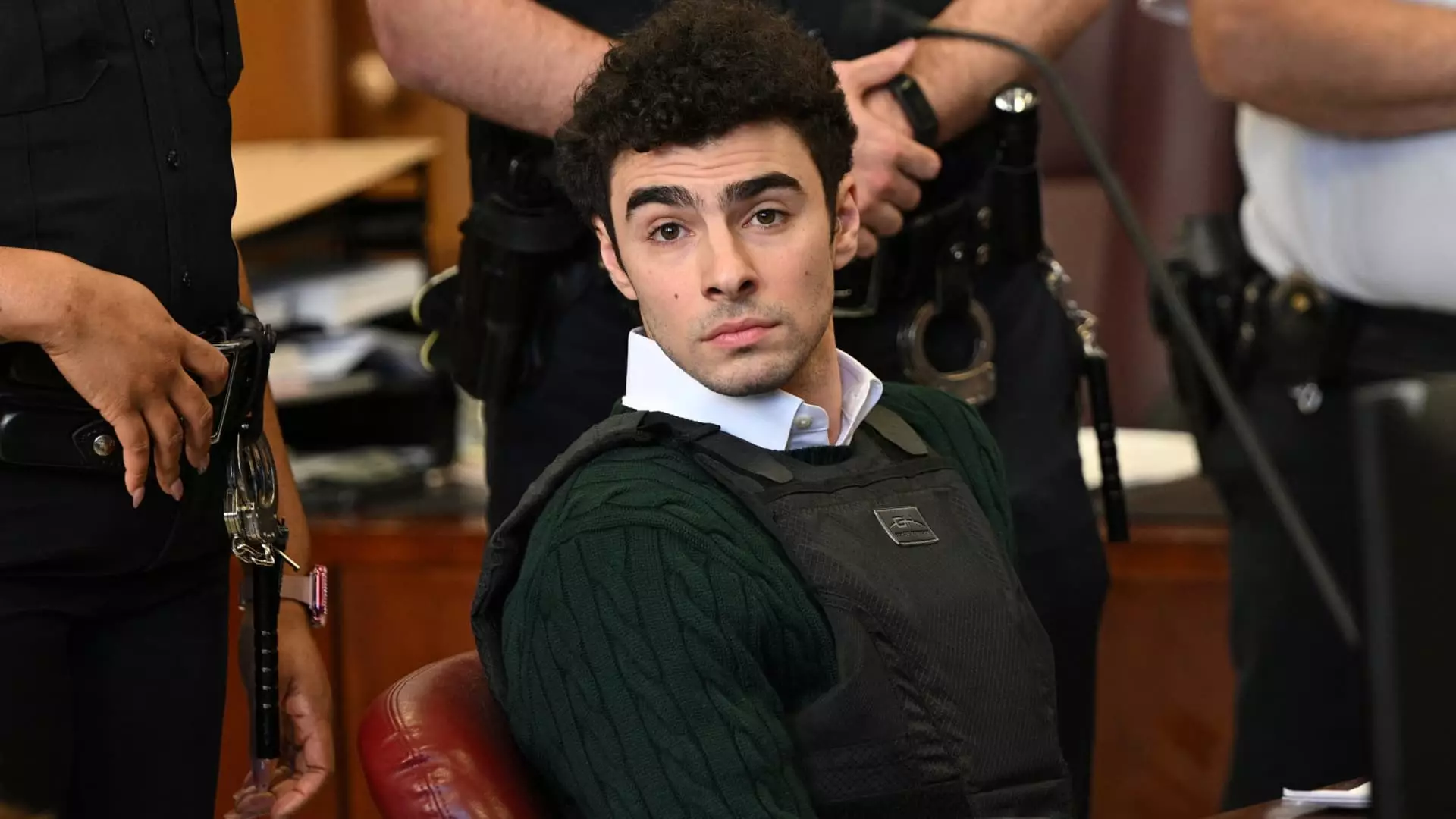What compels a seemingly ordinary individual to commit an extraordinary act of violence? The case of Luigi Mangione, who has pleaded not guilty to the murder of UnitedHealthcare CEO Brian Thompson, presents a harrowing exploration into the depths of ideological fanaticism. Mangione’s actions are more than just a brutal homicide; they encapsulate a disturbing trend where political beliefs bleed into acts of terror, leaving in its wake not only victims but a society grappling with the upheaval of its moral compass.
On that fateful day in December, Thompson was gunned down as he approached the Hilton Hotel in Midtown Manhattan, the venue for a UnitedHealth Group investor event. An affluent figure gunned down in broad daylight; this scenario plays out like the plot of a dramatic thriller. Yet, there is a grim reality attached to this story—a reality that reveals the vulnerabilities we face in a society riddled with ideological divisions.
Understanding the Motive
What stands out in this case is the prosecutors’ assertion that Mangione’s actions were fuelled by a calculated ideological motive. The suggestion that this was not a crime of passion but rather one rooted in deliberate planning and deep-seated grievances against the health insurance industry reveals a disturbing methodology behind the murder. The Justice Department’s characterization of Thompson’s death as “an act of lethal violence” aimed at provoking widespread resistance against the very fabric of a sector highlights the extreme measures some individuals are willing to undertake in service of their ideological beliefs.
By labeling the murder as an act of ideological extremism, prosecutors paint a chilling picture of a world where violence becomes an acceptable form of dissent. They argue Mangione’s escalation from disagreement to murder marks a terrifying trend in which personal and societal grievances are harnessed to justify violent resolutions. As we reflect on Mangione’s case, the potential for this kind of thought process to proliferate in today’s society looms large, especially with the ongoing polarization surrounding various industries and ideologies.
The Role of the Justice System
Legal experts and human rights advocates are rightfully concerned about the implications of pursuing the death penalty in such cases. U.S. Attorney General Pam Bondi has labeled Thompson’s murder as a premeditated “cold-blooded assassination,” calling for a stringent response. However, the pursuit of capital punishment raises critical questions about morality, justice, and the efficiency of our legal system.
Mangione’s defense lawyers contend that the heightened rhetoric surrounding the case may prejudice potential jurors, effectively undermining Mangione’s right to a fair trial. In emphasizing due process, they argue that the pursuit of such a draconian measure, like the death penalty, could lead to an unjust outcome, particularly in a case swimming in media fervor. This dilemma poses an uncomfortable inquiry—how do we balance the severity of a crime with the fundamental tenets of justice?
A Call for Reflection
As this case continues to unfold, it serves as a sobering reminder of the volatile intersection between ideology and violence. While it is easy to point fingers and label individuals as mere criminals, it becomes imperative to consider the broader context in which these incidents occur. The radicalization of thought, fueled by a palpable animosity toward entire sectors, invokes a real fear of terrorism not just from abroad, but potentially arising from within our own communities.
Mangione, now facing severe charges including murder and stalking, represents a cautionary tale about the dangers of ideological extremism. As debates heat up about health care, climate change, and social justice, one cannot ignore the whispers of anger and frustration brewing in society. The line between activism and violence can be painfully thin, and it is incumbent upon us as a society to foster dialogue over discord, to seek understanding rather than vengeance.
The implications of this case extend beyond the courtroom. It forces us to confront uncomfortable questions about our societal values, our treatment of dissent, and our responsibility to avert such tragedies before they occur. As we cling to the hope that justice will prevail, we must also strive to cultivate a culture where ideological disputes do not devolve into the senseless violence that leaves families shattered and communities shaken.

Leave a Reply